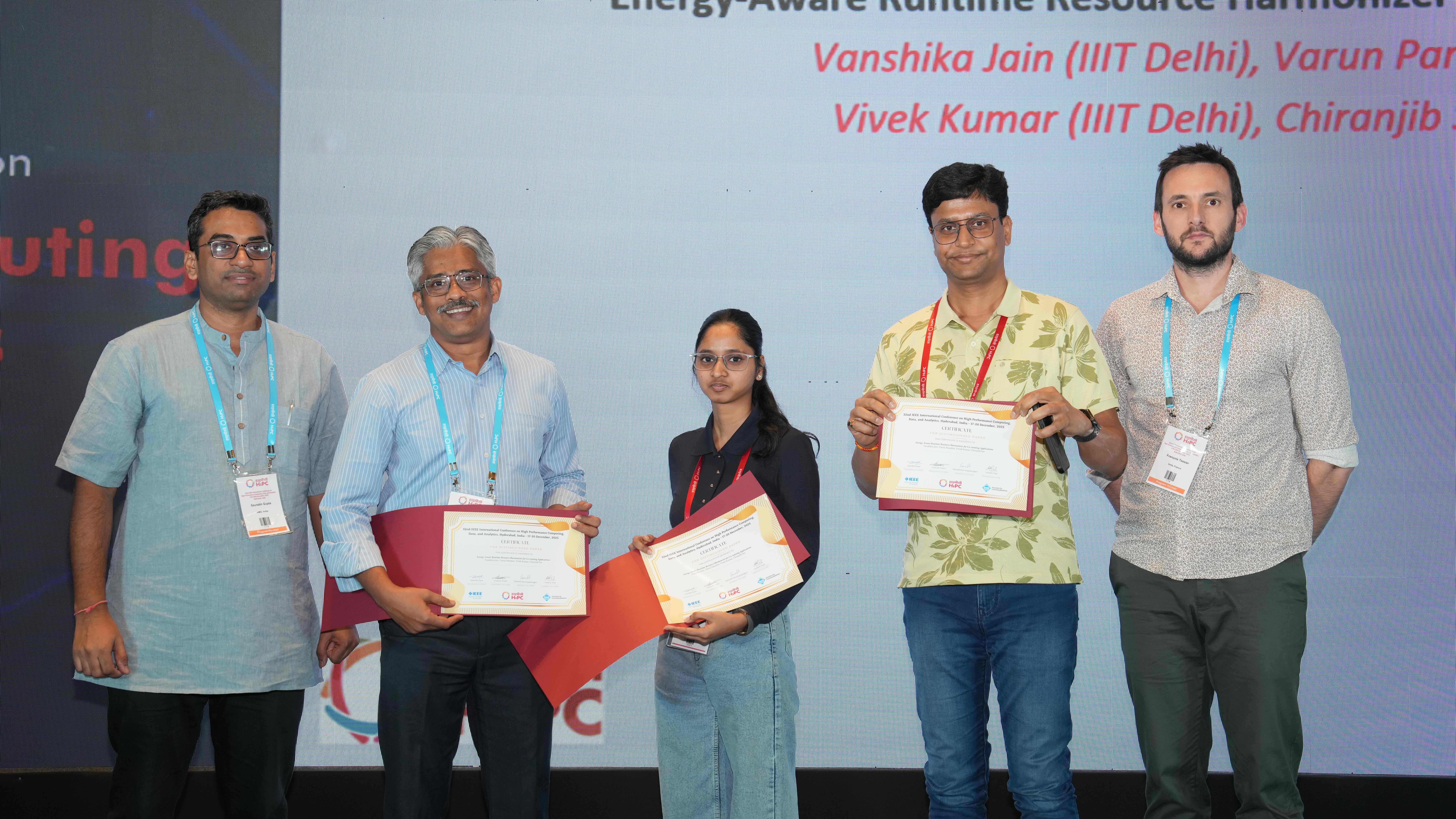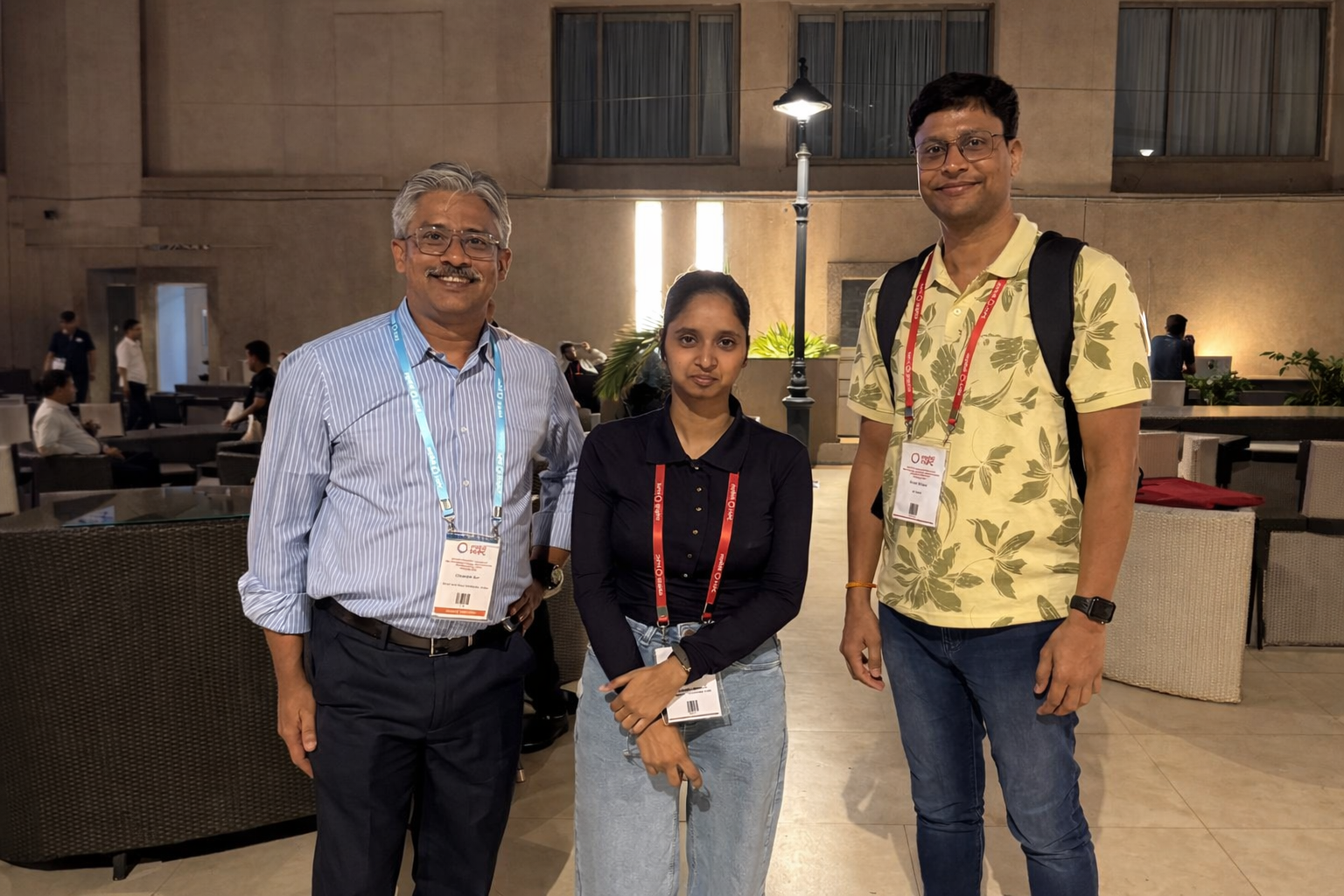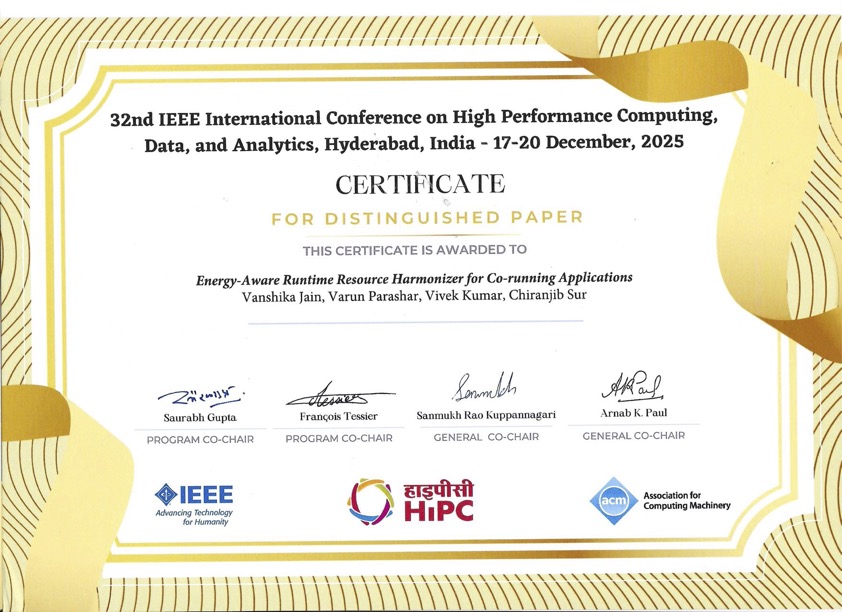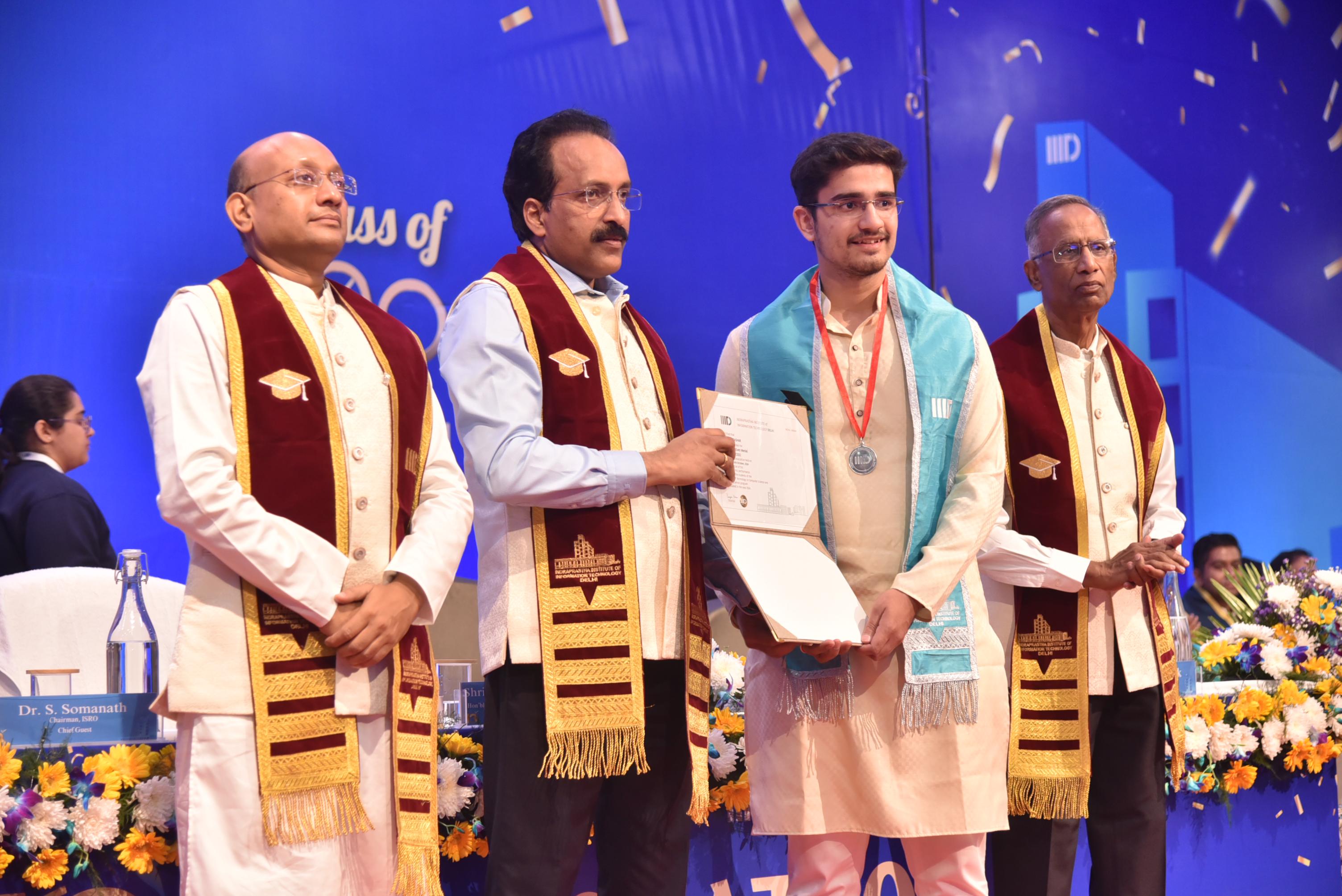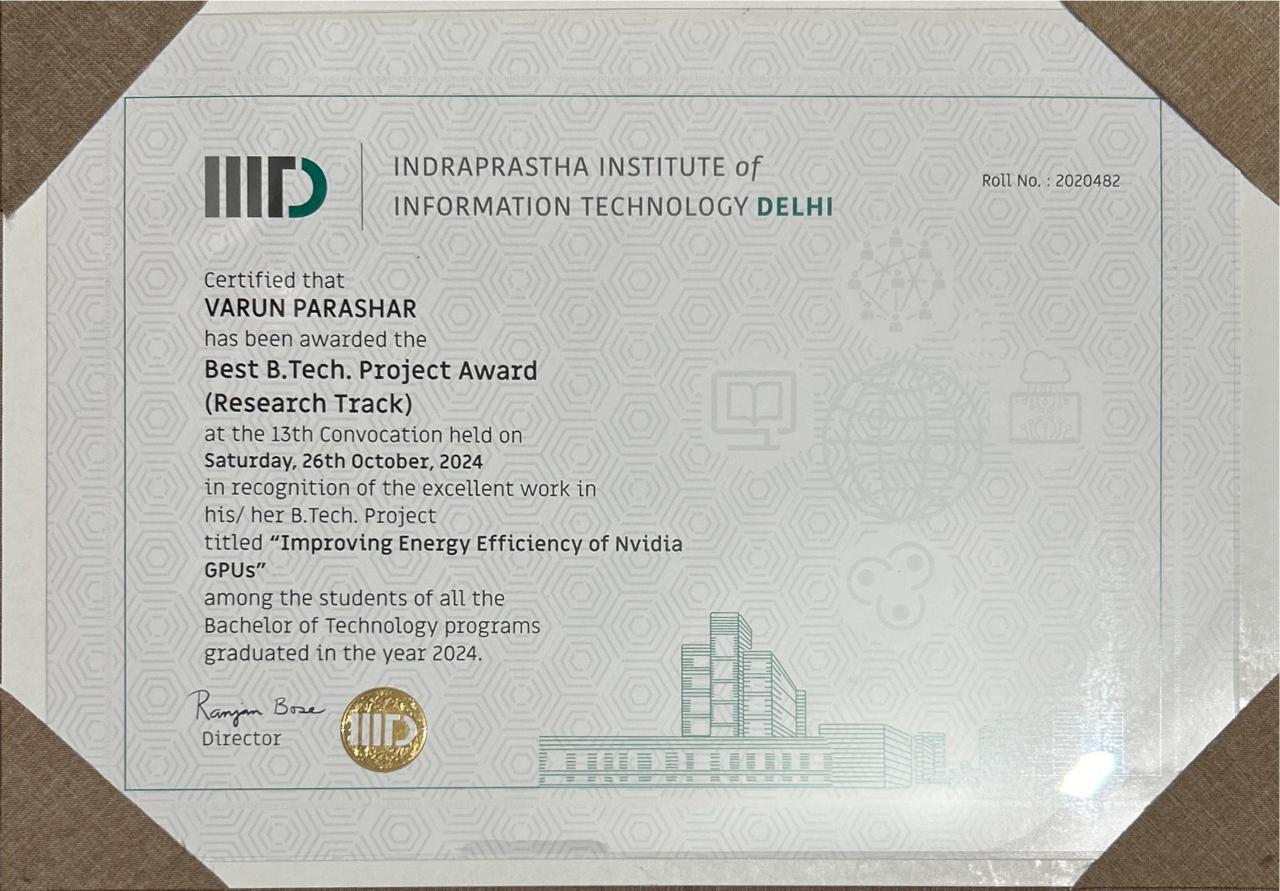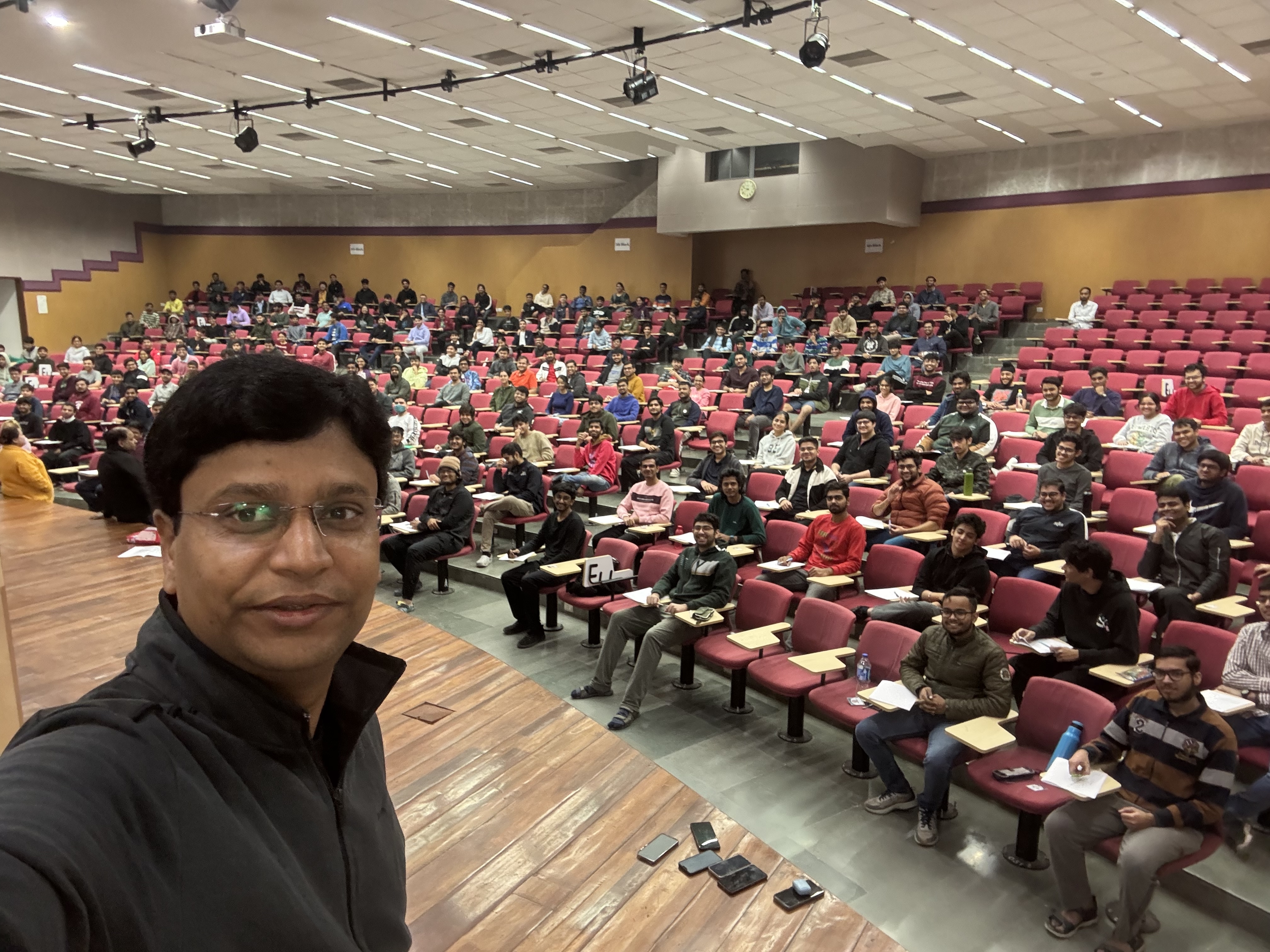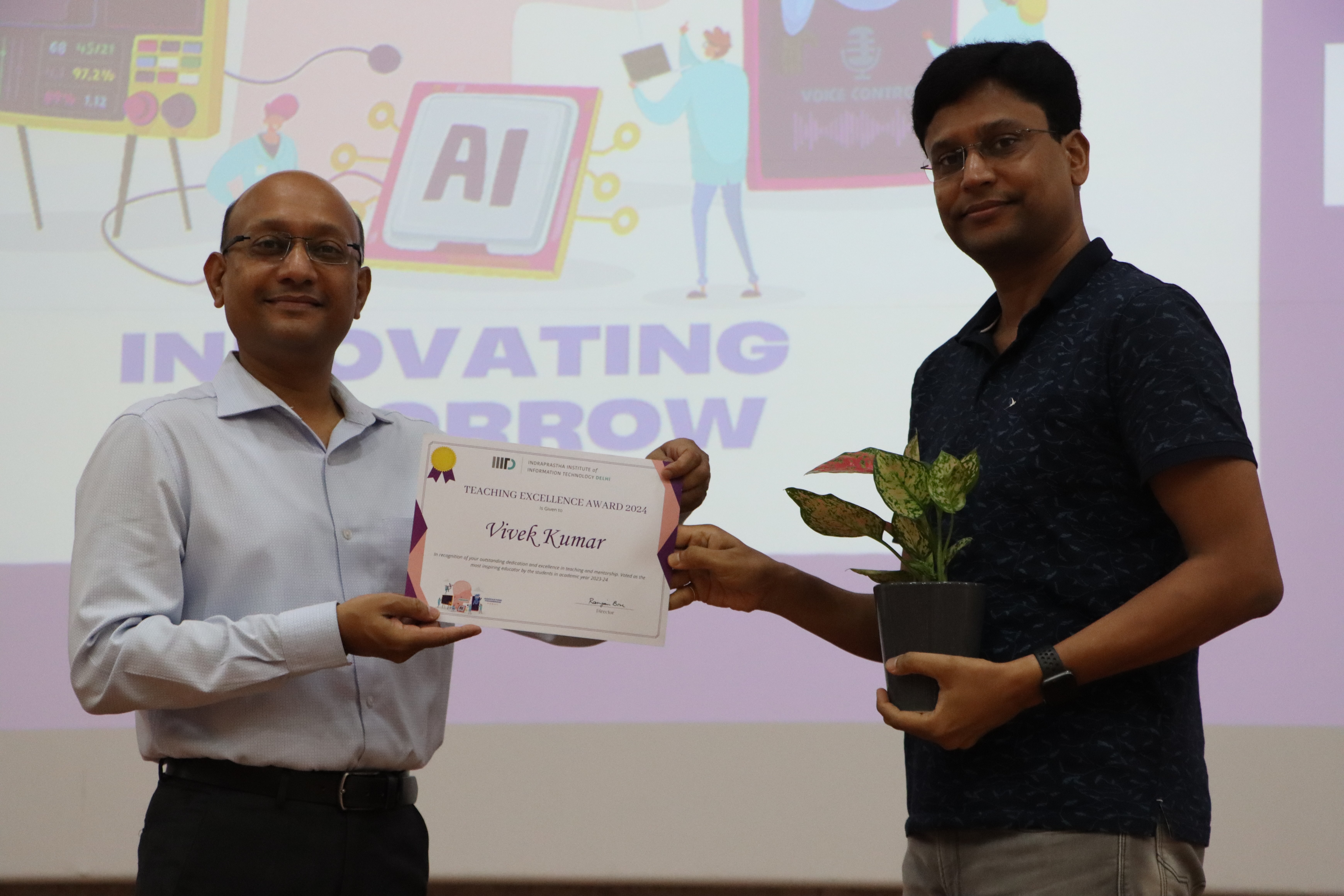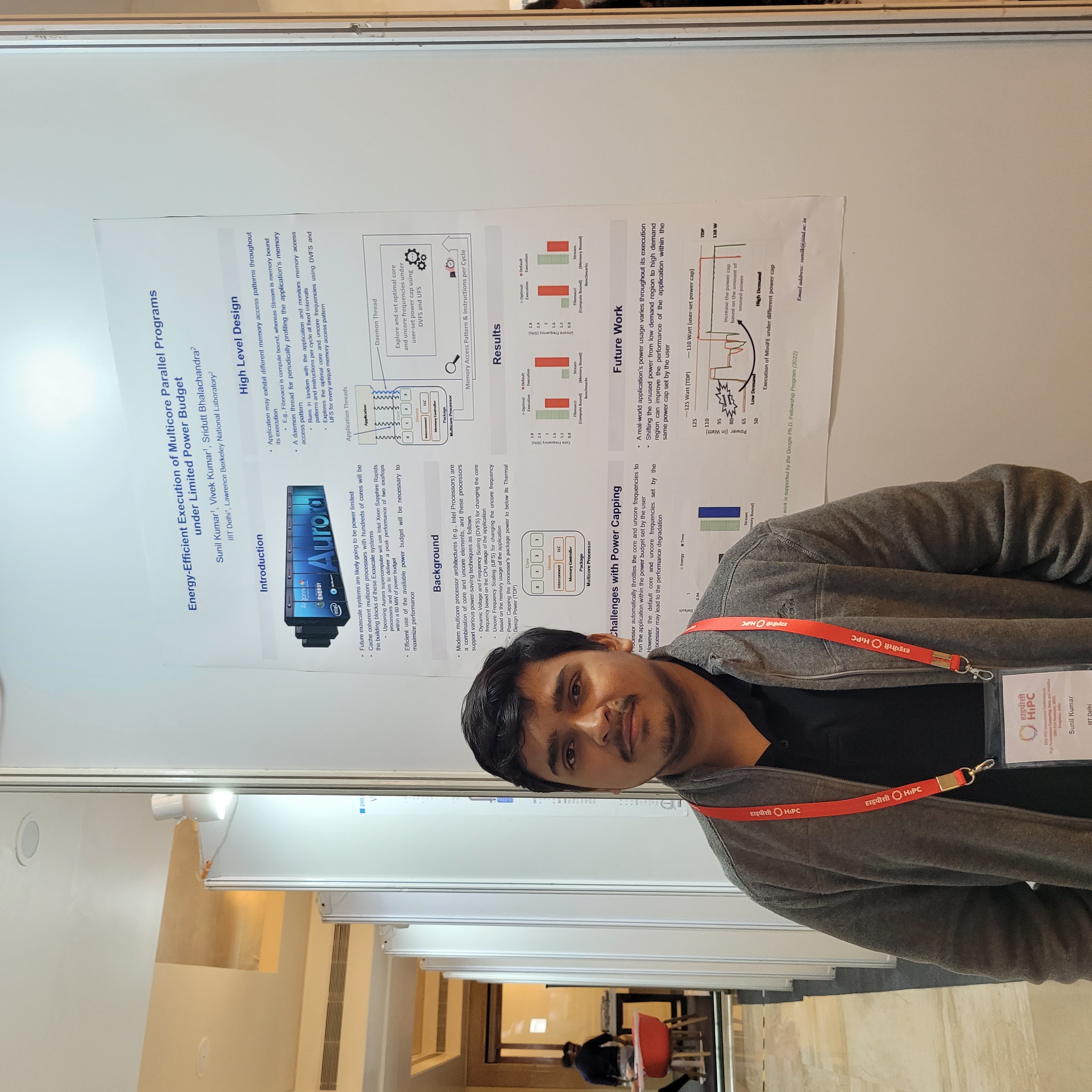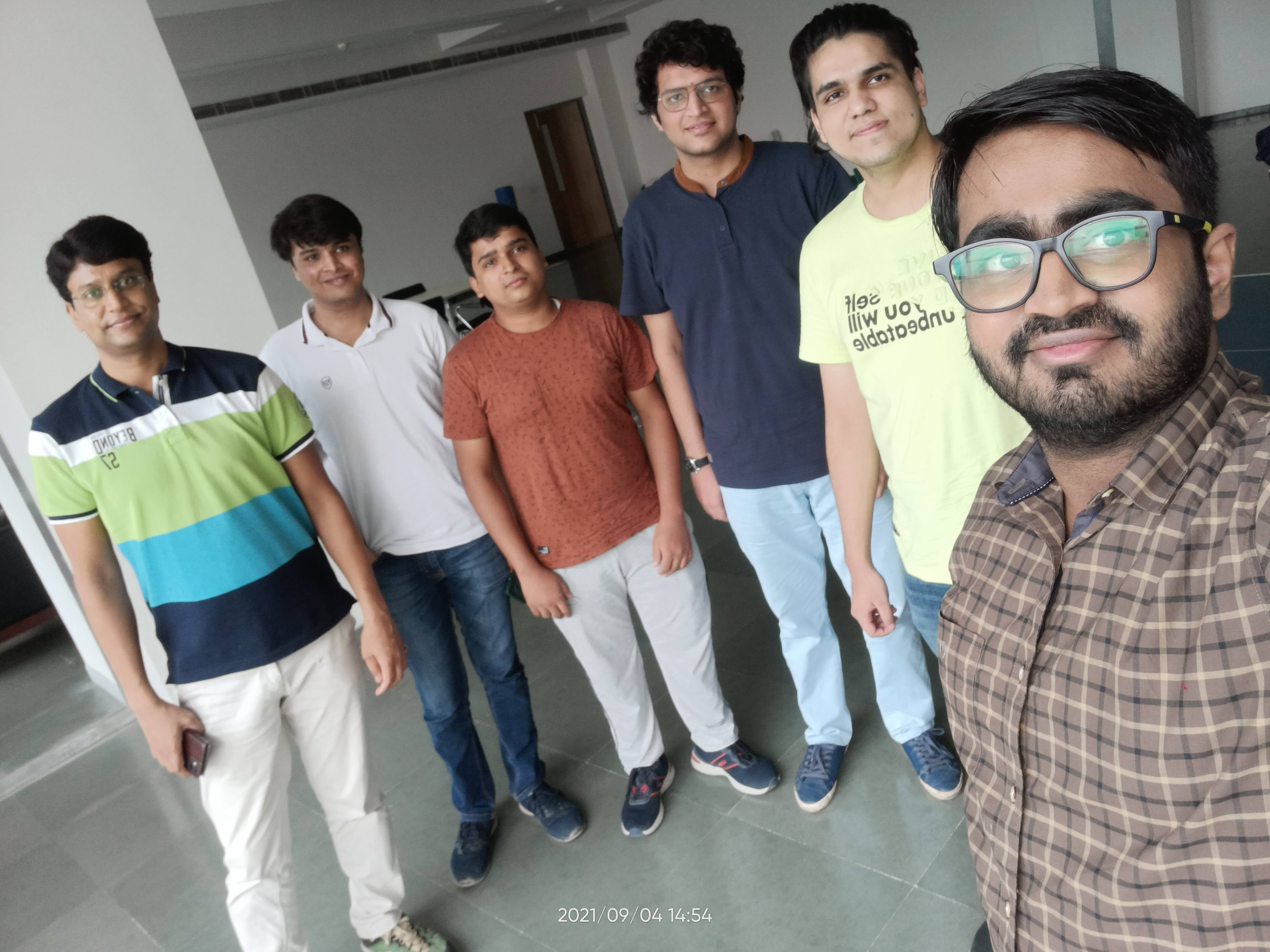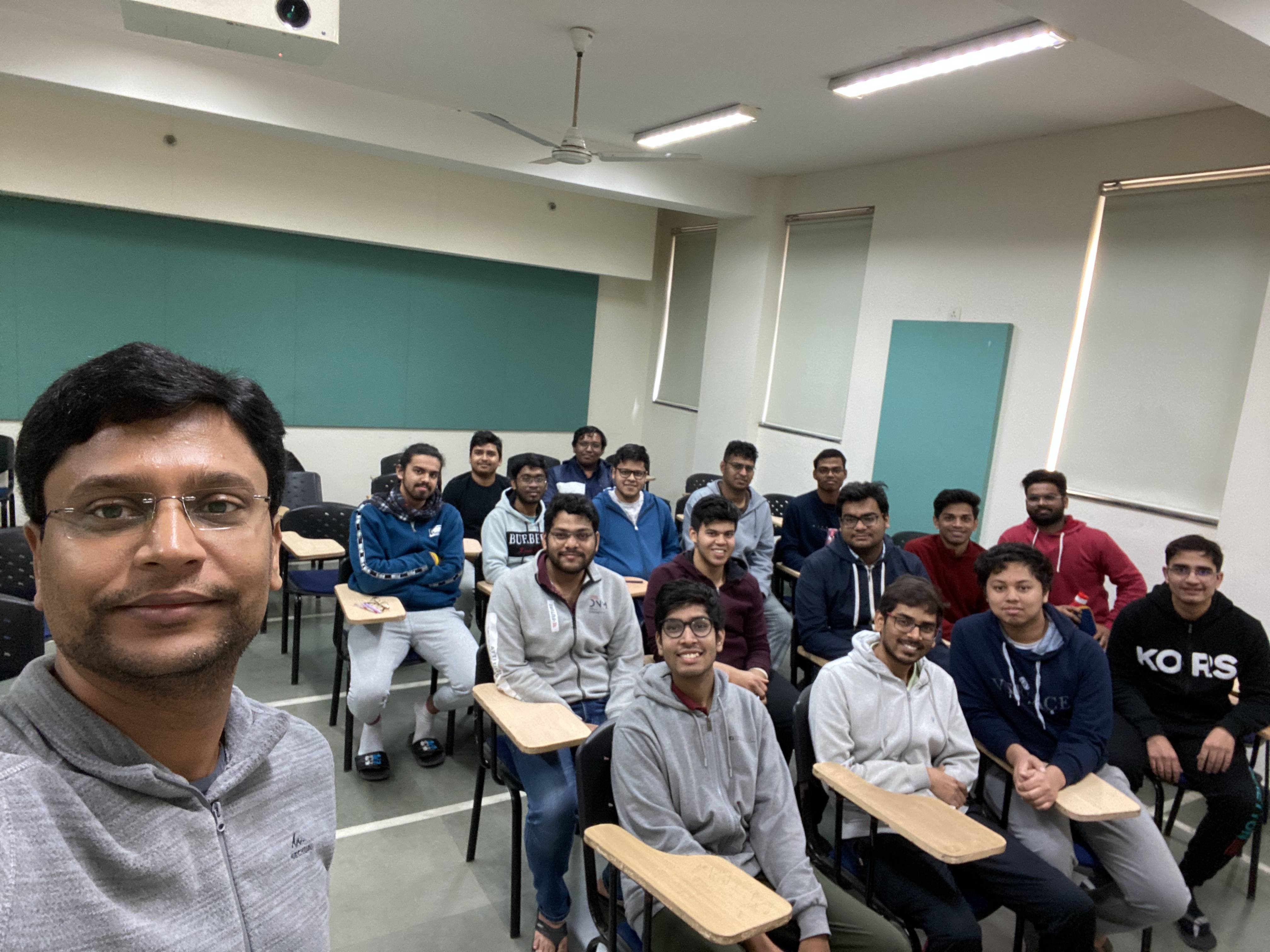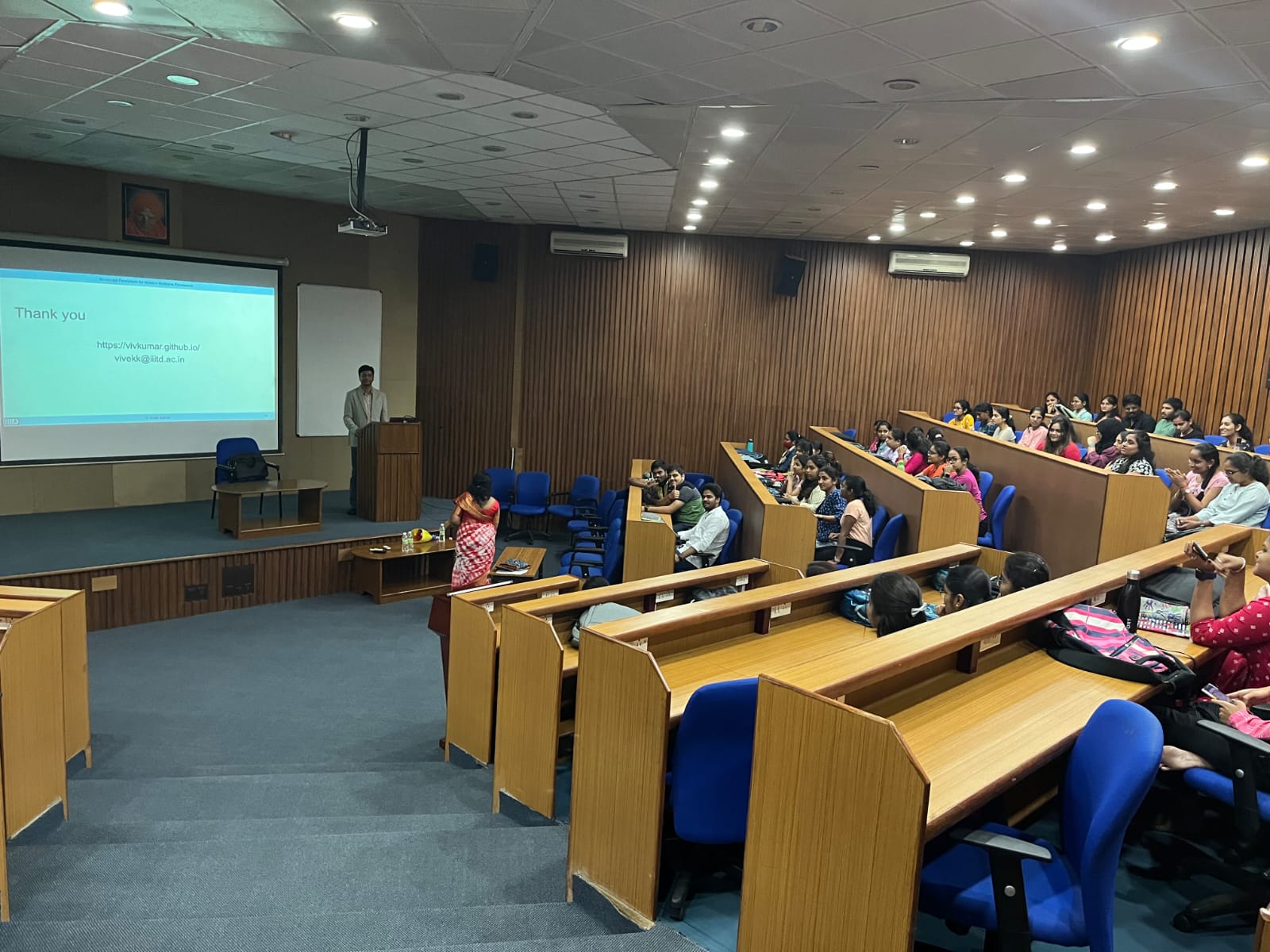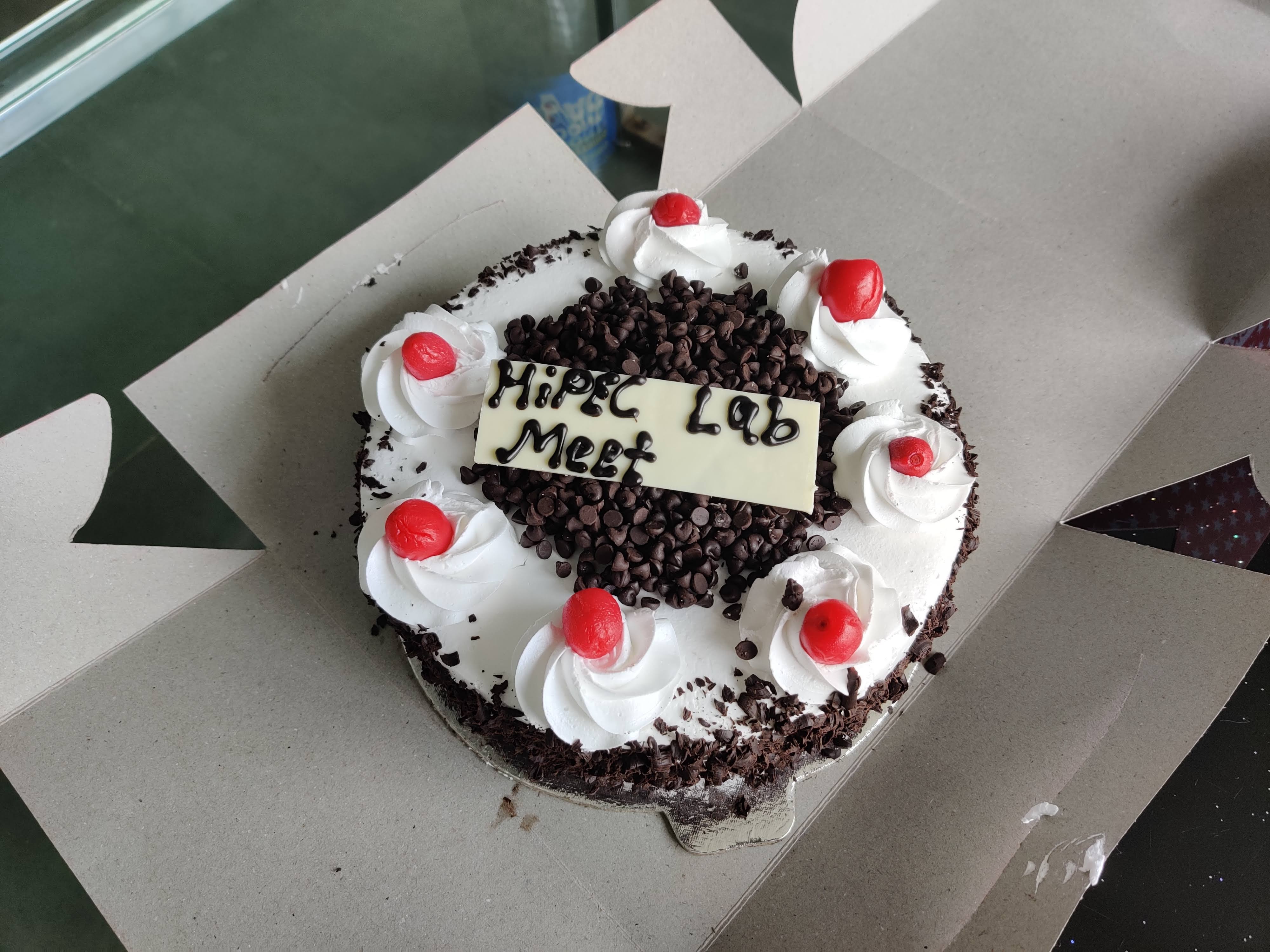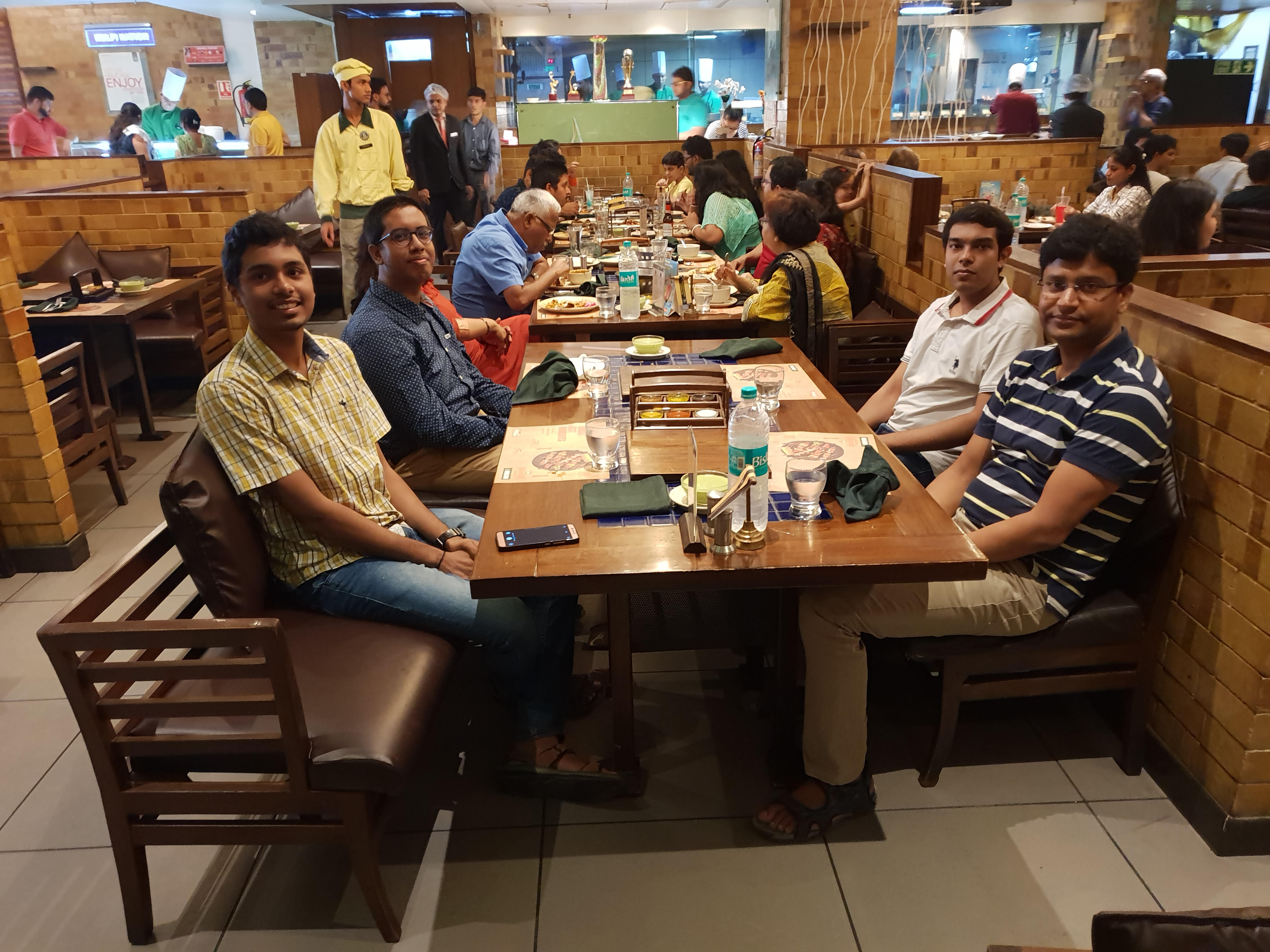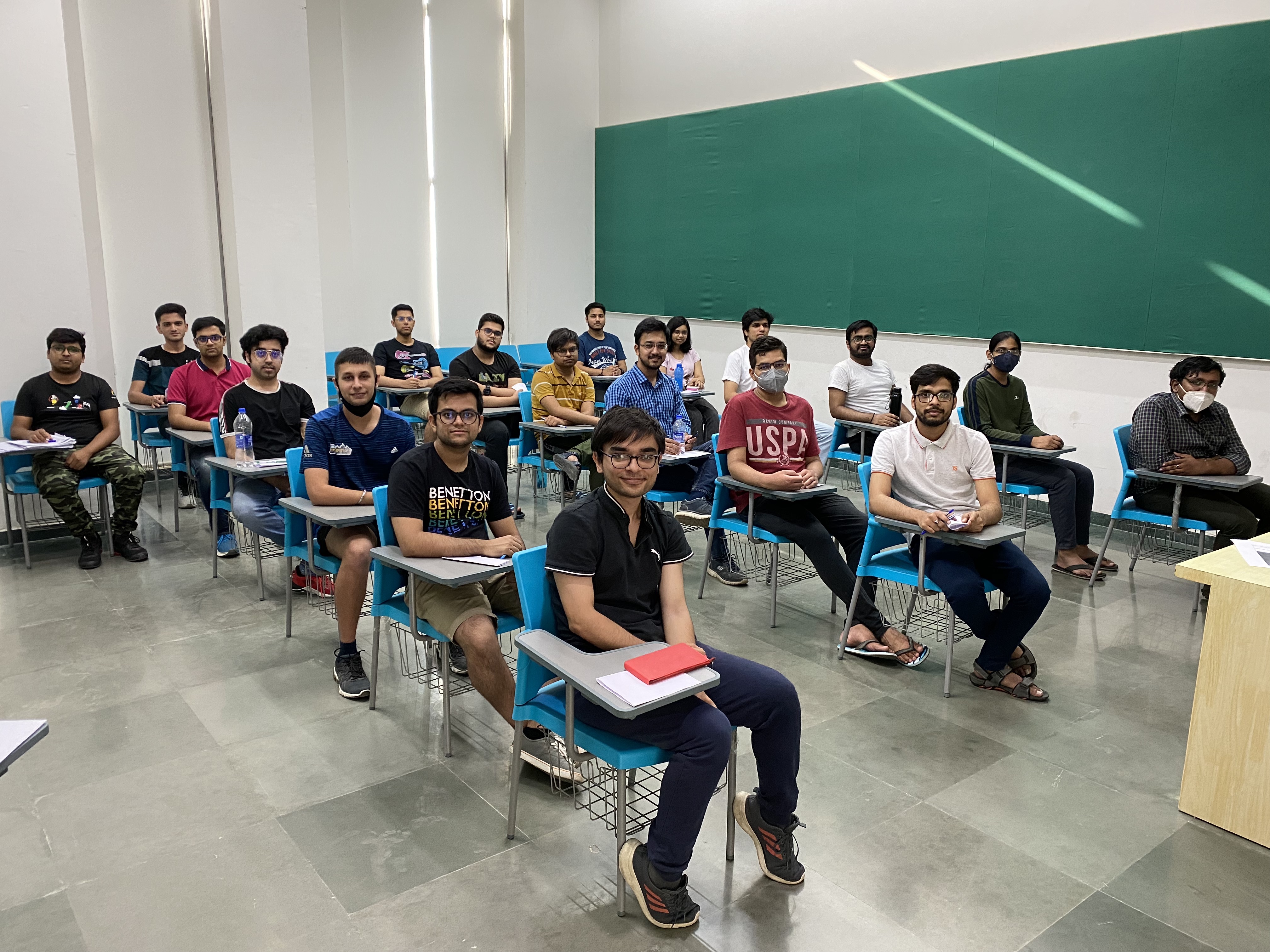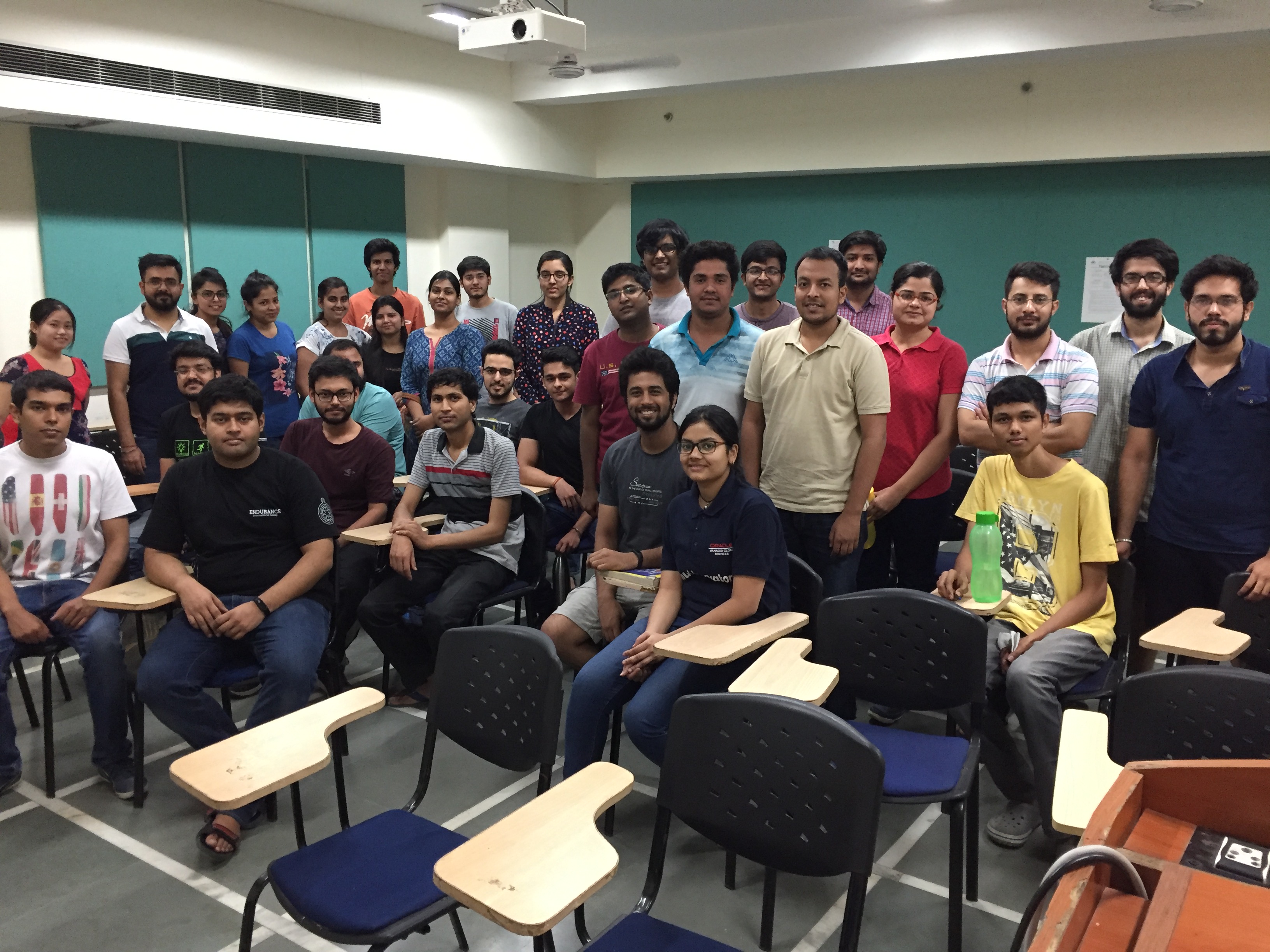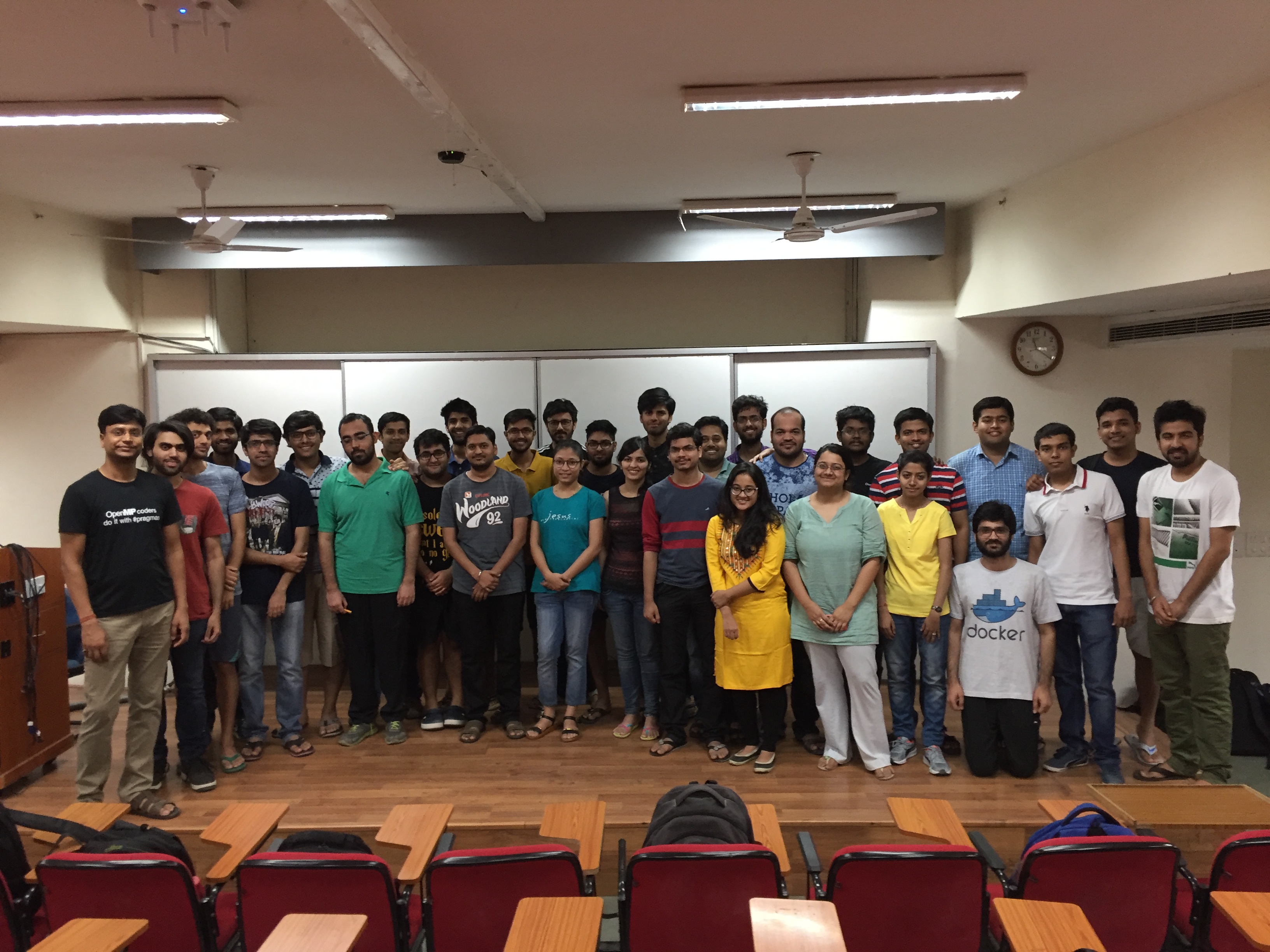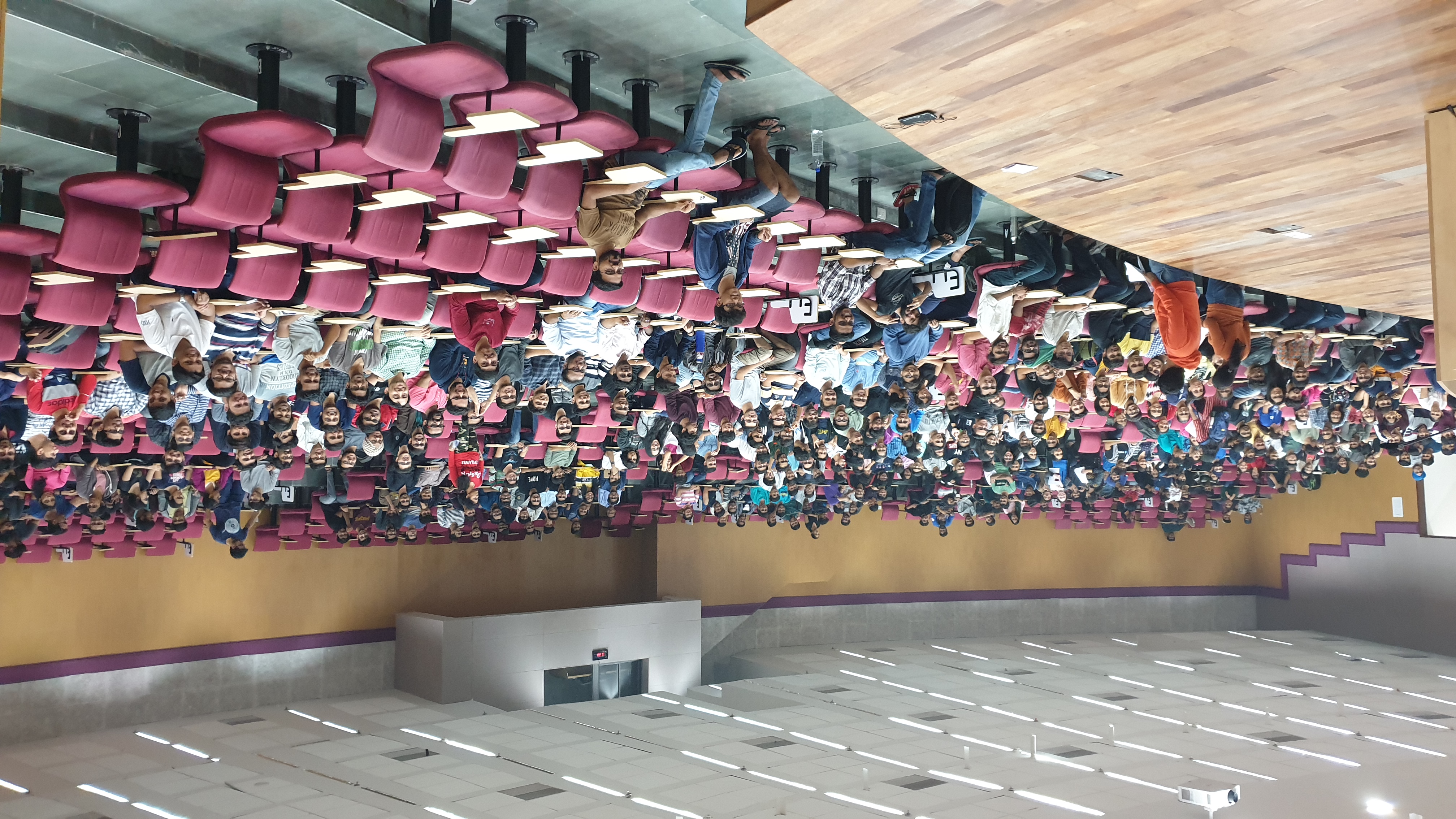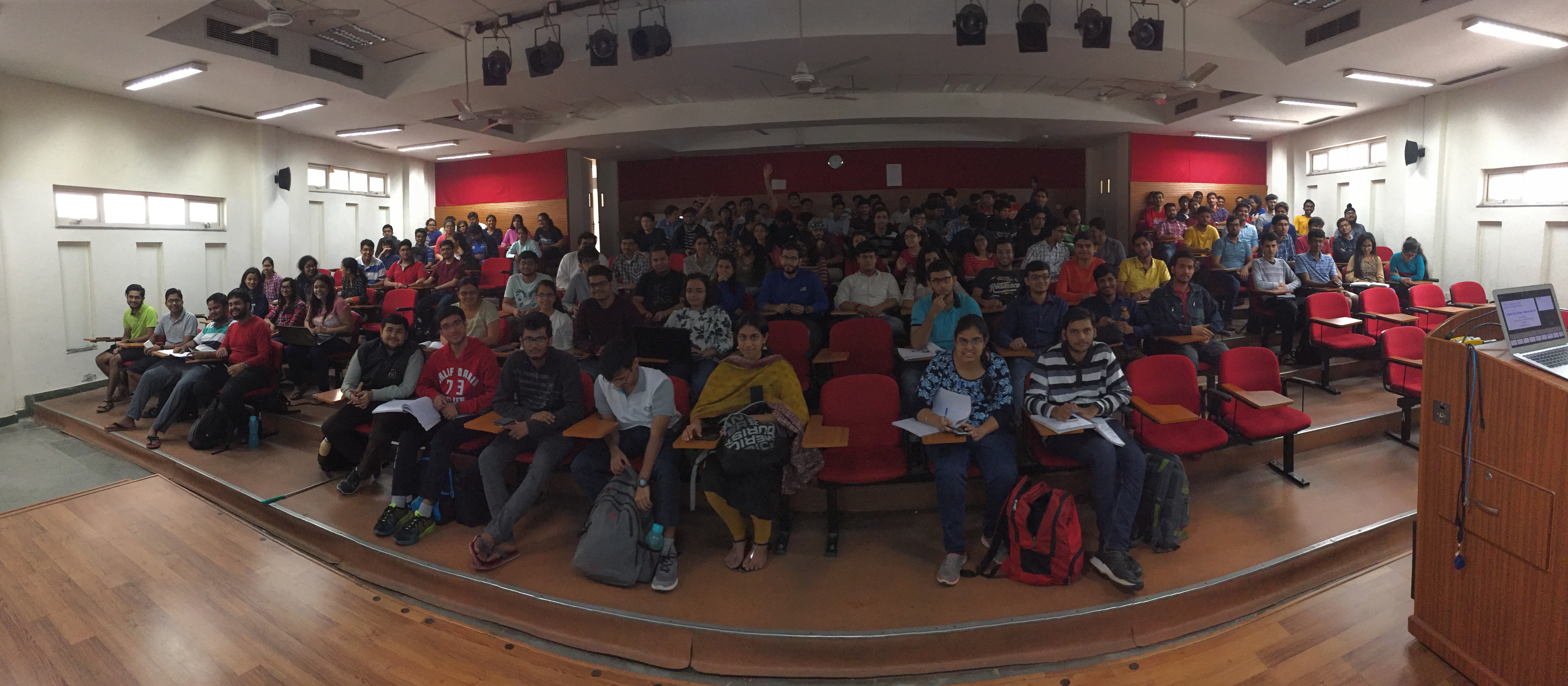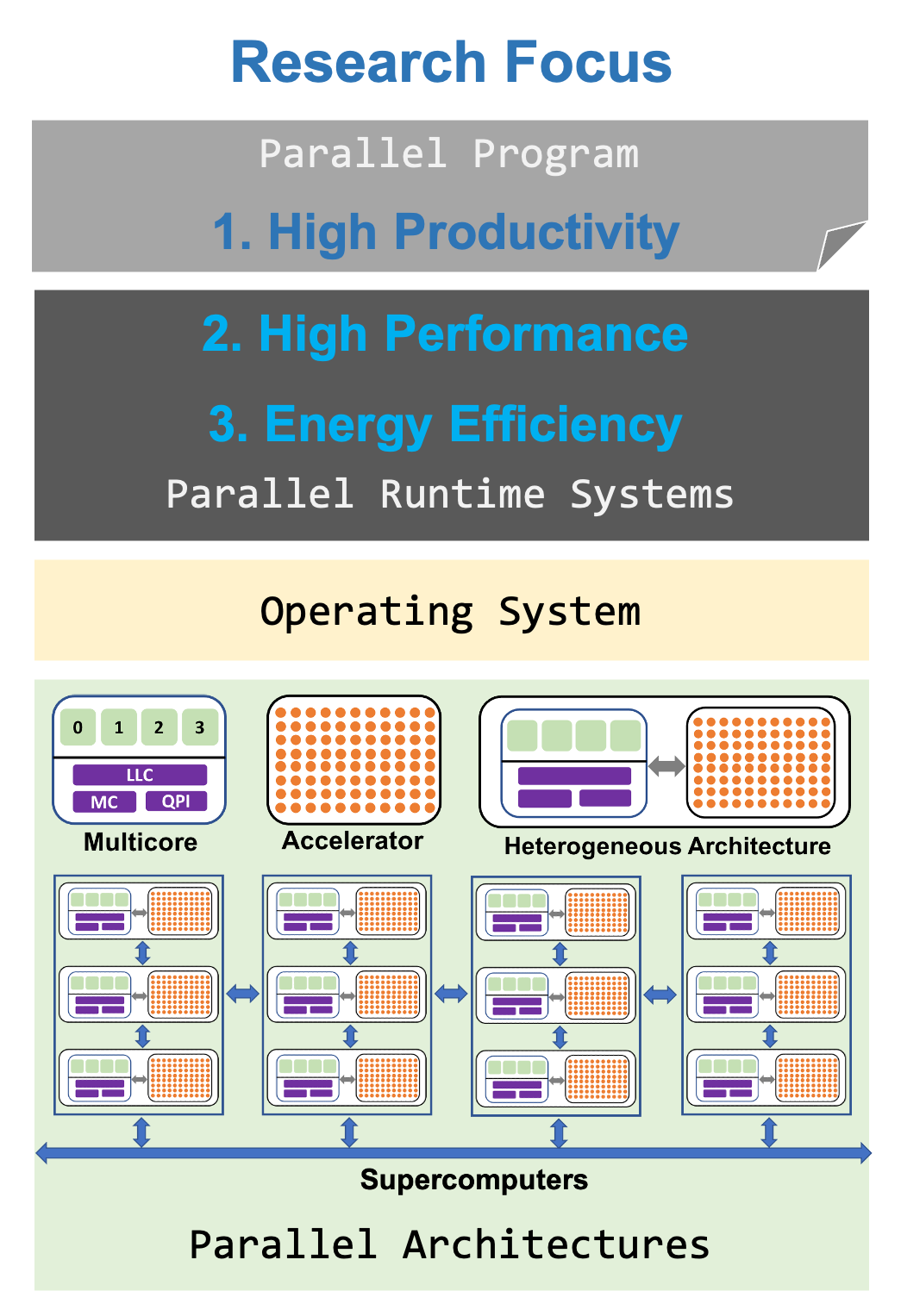
The computer industry is at a significant crossroads. Constrained by heat and power usage, today, all computing devices are composed of processors with increasing numbers and a variety of cores (CPU, GPU, FPGA, and DSP). These processors offer little or no increase in clock speed per core. This new computing era has brought a twofold challenge in building software: how to expose the parallelism in the software without much of a hassle and how to fully exploit the performance of all the processing elements. Our research aims to solve these complex challenges by building parallel programming models and runtimes to increase productivity and achieve high performance and energy-efficient execution.
Why do we need HPC?
News
2025
» Vanshika's HiPC'25 paper received the Best Paper Award.» Vanshika's received IEEE TCPP and Murthy Trust travel grants for HiPC'25 conference.
» Vanshika's HiPC'25 paper selected as a distinguished paper award nominee.
» Vanshika's paper accepted in HiPC'25.
» Paper accepted in SC'25 workshop.
» Sunil received student scholarship from EuroPar'25 conference.
» Artifact for Sunil's EuroPAR'25 paper has been accepted.
» Sunil's paper accepted in EuroPAR'25.
2024
» Sunil's poster accepted in HiPC SRS.» Varun's BTP shortlisted for best BTP award.
» Hardik's BTP accepted in Wiley CCPE journal.
2023
» Vanshika Jain joined the lab as a PhD student.» Project proposal accepted by the Shell R&D.
» Dr. Vivek will be teaching the course Operating System in Monsoon 2023 semester.
2022
» Poster accepted in the HiPC conference.» Dr. Vivek will be teaching a new course Parallel Runtimes for Modern Processors.
» Sunil Kumar selected for Google PhD fellowship in Systems and Networking category. He was one of the 7 awardee in India.
2021
» Paper accepted in the EduHiPC workshop.» Hardik's BTP received appreciation letter from the IIITD.
» Our SC '21 paper is one of the five Best Reproducibility Advancement Finalist papers.
» Sunil shortlisted for SIGHPC travel grant (only six awardees worldwide).
» Dr. Vivek Kumar co-organizing PPEE workshop at the HiPC confrence.
» Sunil shortlisted for student volunteer at the SC confrence.
» Our SC paper received badges for artifact availabile, artifact functional, and results reproduced.
» Sunil Kumar joined HiPeC Lab as a PhD student.
» Paper accepted in the SC conference.
2020
» Paper accepted in the HiPC conference.2019
» Dr. Vivek Kumar delivered an invited talk at the IndoSys'19.» Paper accepted in the EuroPAR conference.
» Paper accepted in IWOMP workshop. This work was in collaboration with Texas Instruments (Sugar Land, USA).
2018
» Dr. Vivek Kumar presented a tutorial on HClib at the HiPC conference.» Abhiprayah Tiwari successfully defended his MTech Thesis titled "High Performance and Energy Optimal Parallel Programming on CPU and DSP based MPSoC".
2017
» Thanks to Texas Instruments for donating EVMK2H development board.» Paper in the AsHES workshop.
» Dr. Vivek joined IIIT-Delhi as an Assistant Professor.
Research Papers
Members
Faculty
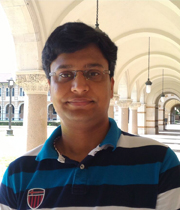
Vivek Kumar
Assistant Professor, IIIT-Delhi
Current Students
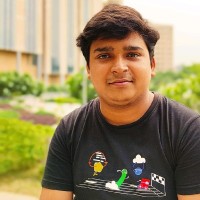
Sunil Kumar
Ph.D candidate (Google PhD Fellowship)
Maximizing throughput and fairness
in power-constrained systems
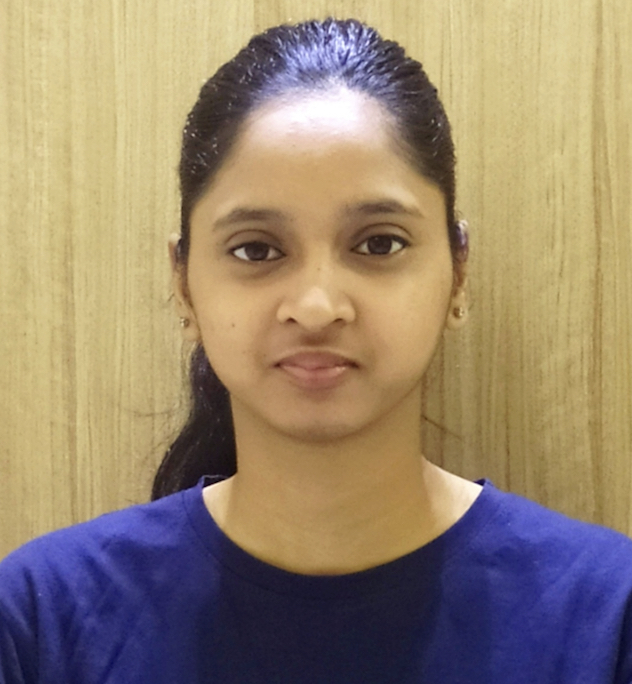
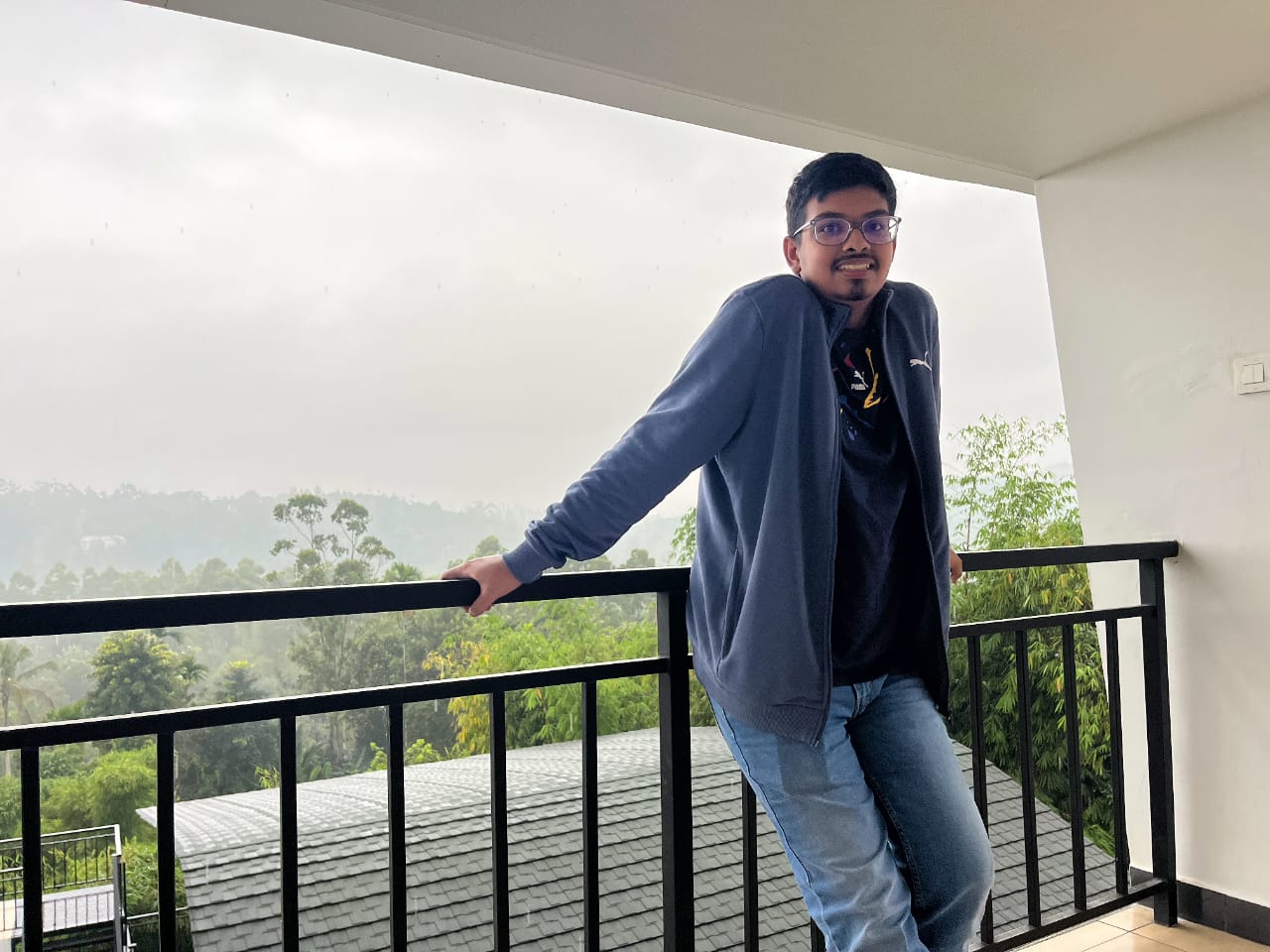
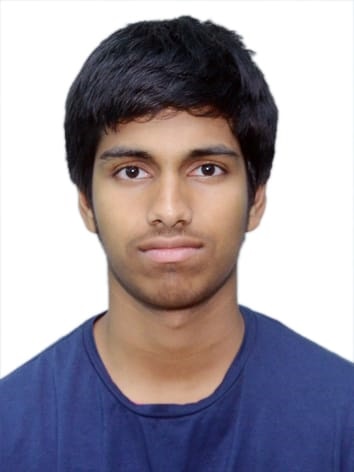
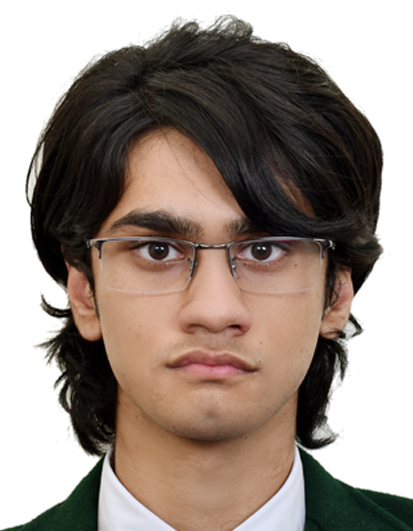
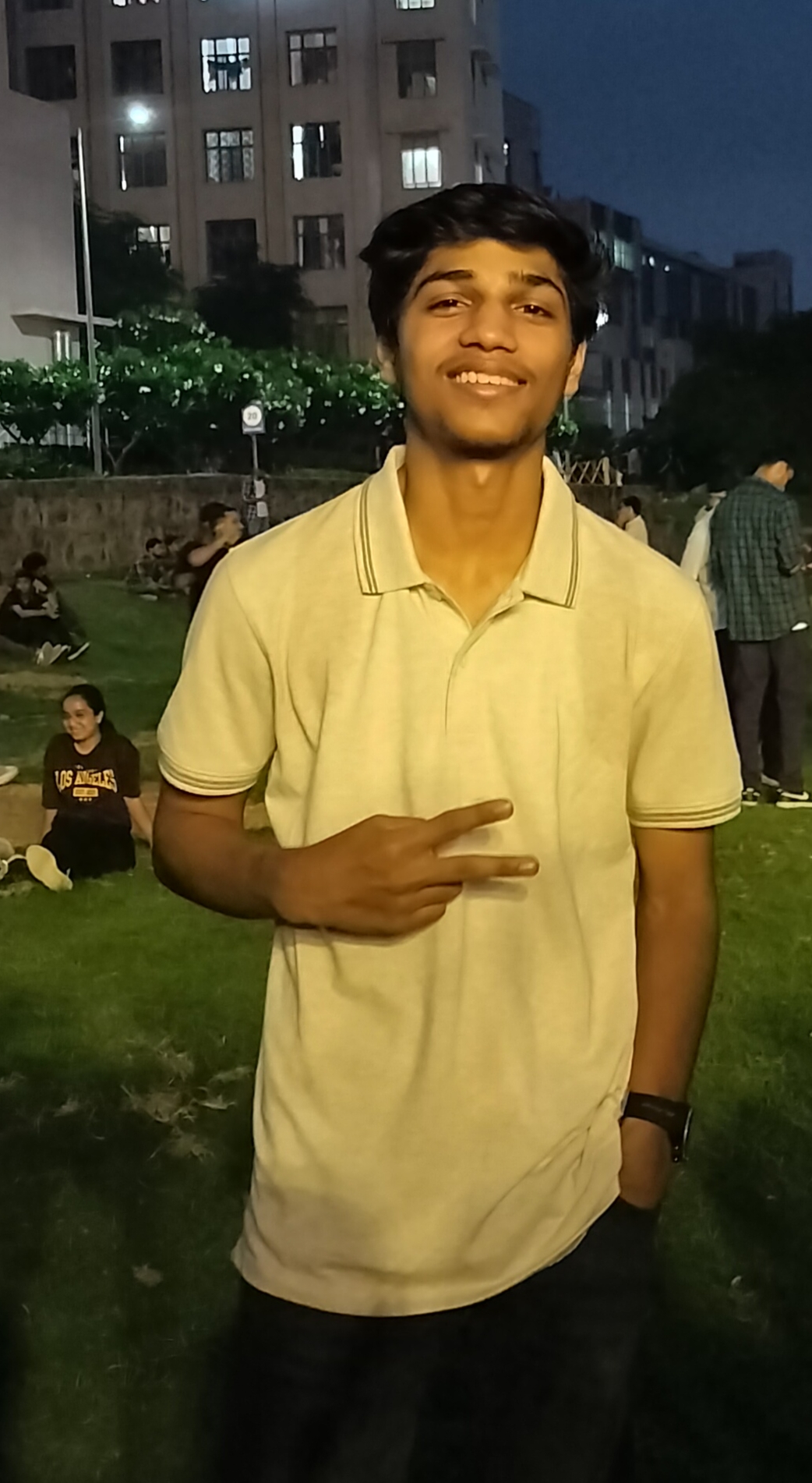
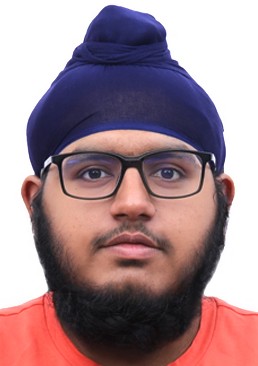
Thesis Students (Alumni)
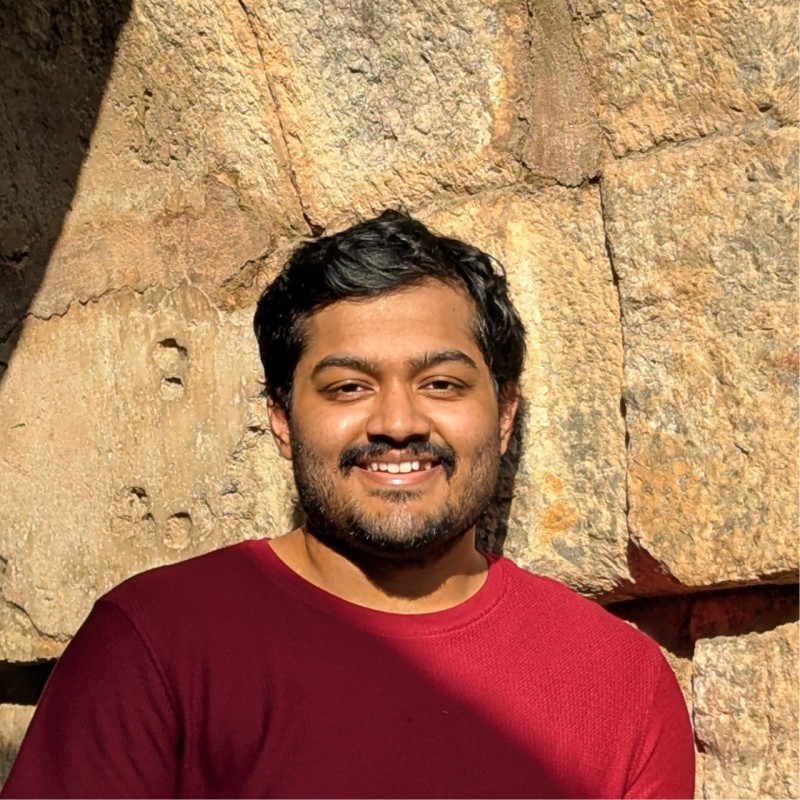
Rayyan Hussain
B.Tech. Thesis
Affinity & frequency optimization tool with
visualization for multiprocessor systems
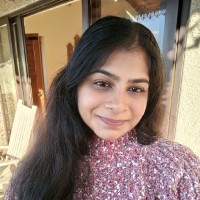
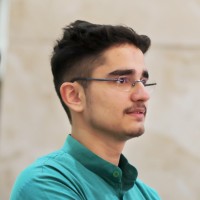
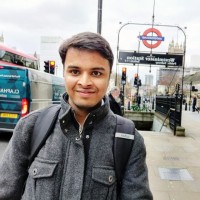
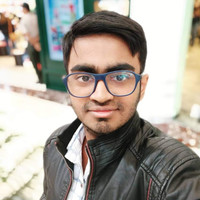
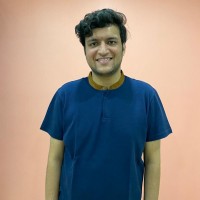

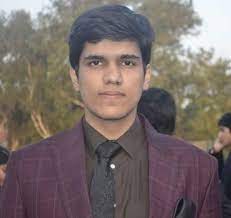



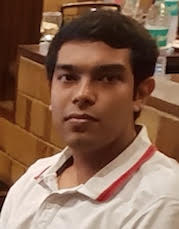

Sujay Raj
M.Tech.
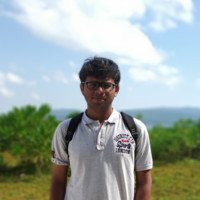
Harsh Parikh
M.Tech.
Short Projects (Alumni)
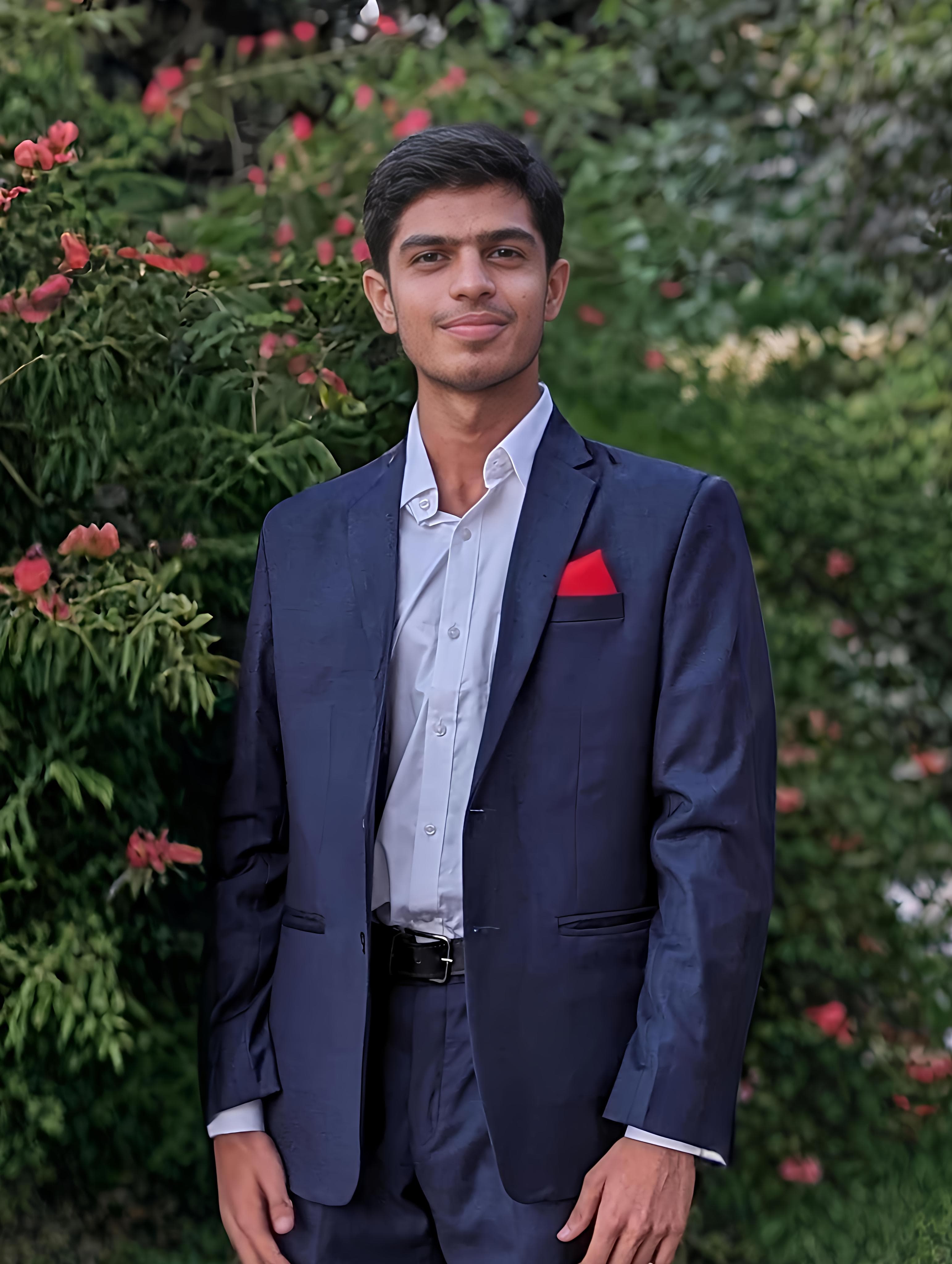
Rishabh Jakhar
B.Tech.
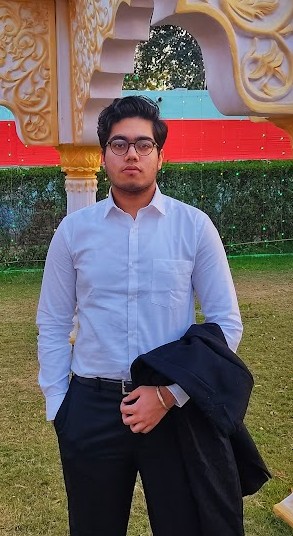
Garvit
B.Tech.
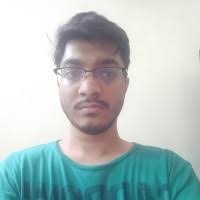
Karan Gupta
B.Tech.
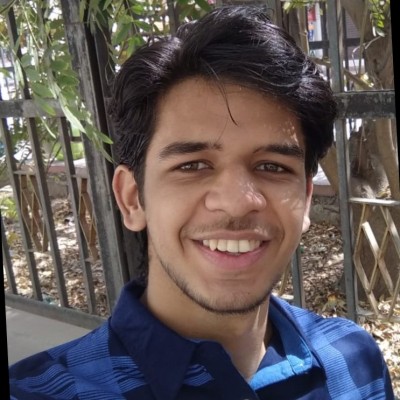
Adarsh Raj Shivam
B.Tech.
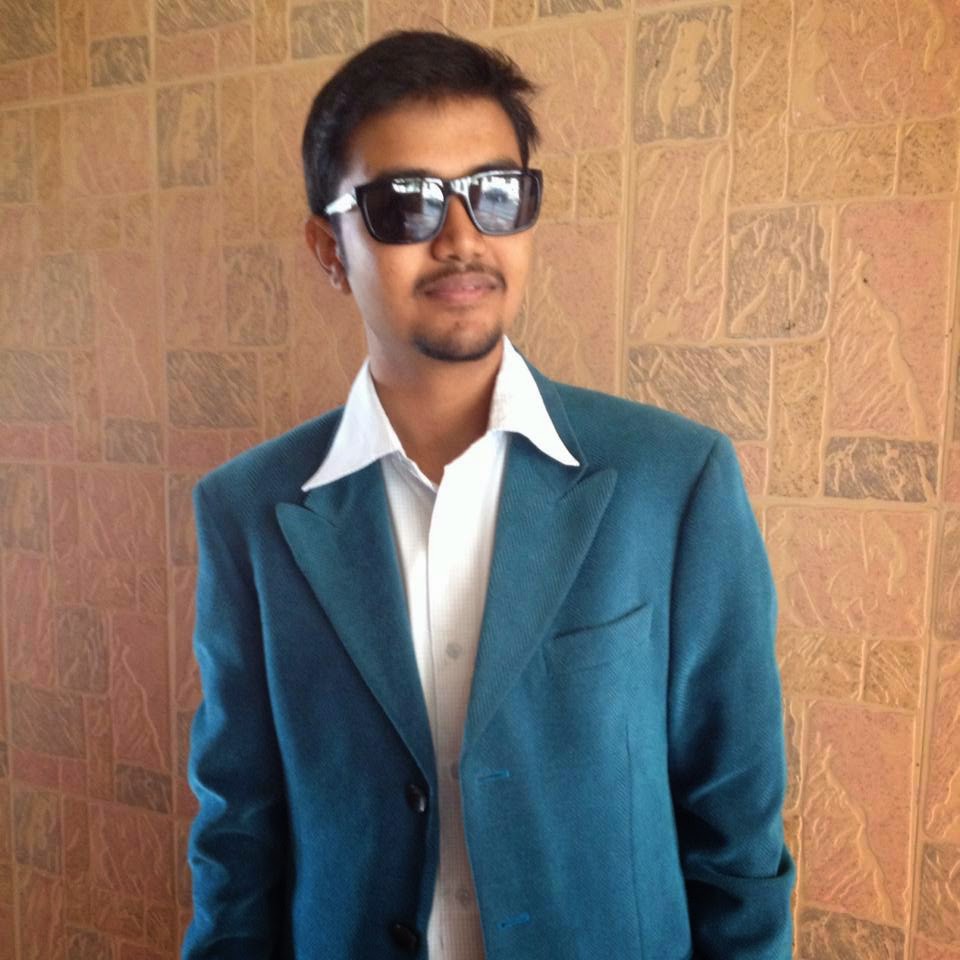
Alind Khare
B.Tech.
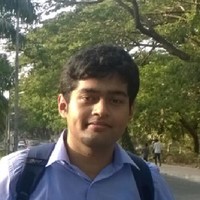
Vaibhav Pande
M.Tech.
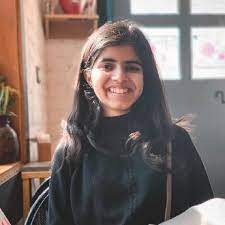
Dibya Gautam
B.Tech.
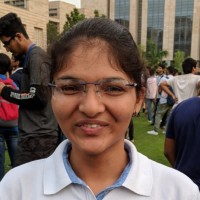
Vibhu Agrawal
B.Tech.
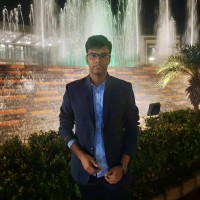
Manan Jain
B.Tech.
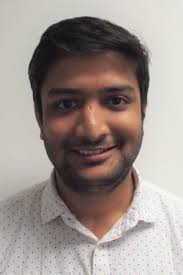
Viraj Parimi
B.Tech.
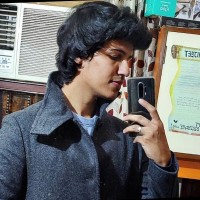
Abhijeet Singh
B.Tech.
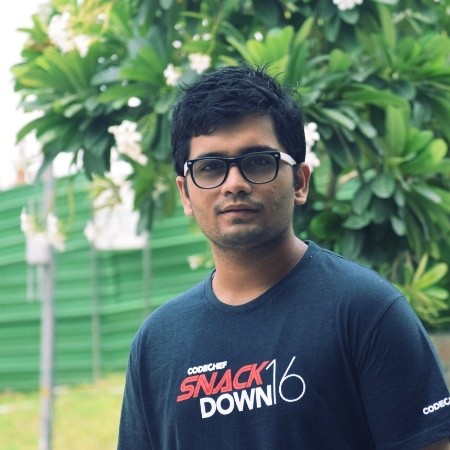
Nikhil Hassija
B.Tech.
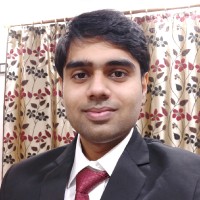
Rajat Mahey
M.Tech.
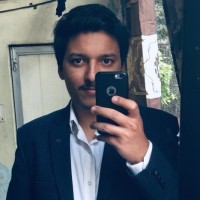
Gaurav Joshi
M.Tech.
Courses Offered
-
Parallel Runtimes for Modern Processors (CSE513)
Fall 2022
Computing hardware is becoming more and more complex. Today and in the foreseeable future, performance will be delivered principally by increased hardware parallelism. Modern multicore processors scale to over one hundred cores, have wide vector units, maintain a complex memory hierarchy and even share the memory with accelerators such as GPU. Conventional programming models using threads impose significant complexity to organize code into multiple threads of control and balance work amongst threads to ensure proper utilization of computing resources. This shortcoming has helped the advent of parallel runtimes that assist the programmer by efficiently scheduling the parallel tasks over available resources. This course introduces the design and implementation of such a parallel runtime and explores the challenges in achieving performance and energy efficiency over modern processors. This course is offered at IIIT Delhi for undergraduate and postgraduate students. Students interested in taking this course should have prior experience with C/C++ programming.
-
Advanced Programming (ACM CSEDU FDP)
Jan 2023, July 2023
The CSEDU program is for teachers of Computer Science in both Engineering (B.Tech/BE) as well as non-Engineering (B.Sc./BCA/MCA). The aim is to improve the teaching capability of teachers in different subjects of Computer Science. AICTE has agreed to providing FDP credits to the subjects offered under CSEDU. IIIT-Delhi issues the certificate, and the certificate mentions that the program is supported by ACM India. The main goal of the Advanced Programming module is to prepare the participants to build programs using an object-oriented approach, reusable code design, test-driven development, and pattern-oriented design and implementation. The topics discussed in this module are object oriented paradigm, classes and objects, class relationships, interfaces, inheritance, polymorphism, defensive programming, unit testing, modelling techniques, design patterns, multithreading, event driven programming, and tools for plagiarism detection.
-
Foundations of Parallel Programming (CSE502)
Spring 2017-2023
Multicore processors are ubiquitous. It is an unavoidable consequence of the breakdown of Dennard scaling, which has put a stop to hardware delivering ever faster sequential performance. Hence, it is essential to parallelize the software applications running on these multicore processors for achieving high performance. FPP introduces the fundamentals of parallel programming. It covers both the traditional approaches and new advancements in the area of parallel programming. A key aim of this course is to provide hands-on knowledge on parallel programming by writing parallel programs in different programming models taught in this course. This course is offered in the spring semester at IIIT Delhi for undergraduate and postgraduate students. Students interested in taking this course should have prior experience with C/C++ programming.
-
Advanced Programming (CSE201)
Fall 2017-2021
The Advanced Programming is a successor to the Introduction of Programming course. The main goal of this course is to prepare students to the challenge of building large-scale programs which multiple functional components, some of which could be designed/implemented independently. The course will use Java to to introduce students to concepts of object orientation, reusable code design, test-driven development, programming to an application-programming-interface, pattern oriented program design and implementation etc. At the end of the course the students are expected to be able to work in teams in order to develop large application programs starting from a reasonably well-defined application design with multiple independent components with well-defined interfaces.
-
Operating System (CSE213)
Fall 2023-2024
Operating Systems is a core course offered to second-year undergraduate students at IIIT Delhi. An operating system (OS) serves as the fundamental interface between a computer’s hardware and its users. It is responsible for managing resources, coordinating activities, and enabling efficient sharing of the system's components. The OS provides a range of essential services to both users and application programs. These services are accessed via system calls or application programming interfaces (APIs), which allow applications to request services, pass parameters, and receive responses from the OS.
The course is structured into two complementary components: theory and programming. The theory component delves into the foundational concepts, design principles, and internal workings of modern operating systems. The programming component emphasizes hands-on experience, guiding students through the implementation of core OS functionalities to reinforce and apply the theoretical knowledge.
Openings
Funding
» Google PhD fellowship for Sunil Kumar.
» Initation research grant from IIIT-Delhi .
Gallery
Links
» Use this website for making reservations on HiPeC servers. VPN authentication required outside IIIT-Delhi.
» Go through the HiPeC Lab user manual if you are a new joiner. VPN authentication required outside IIIT-Delhi.
